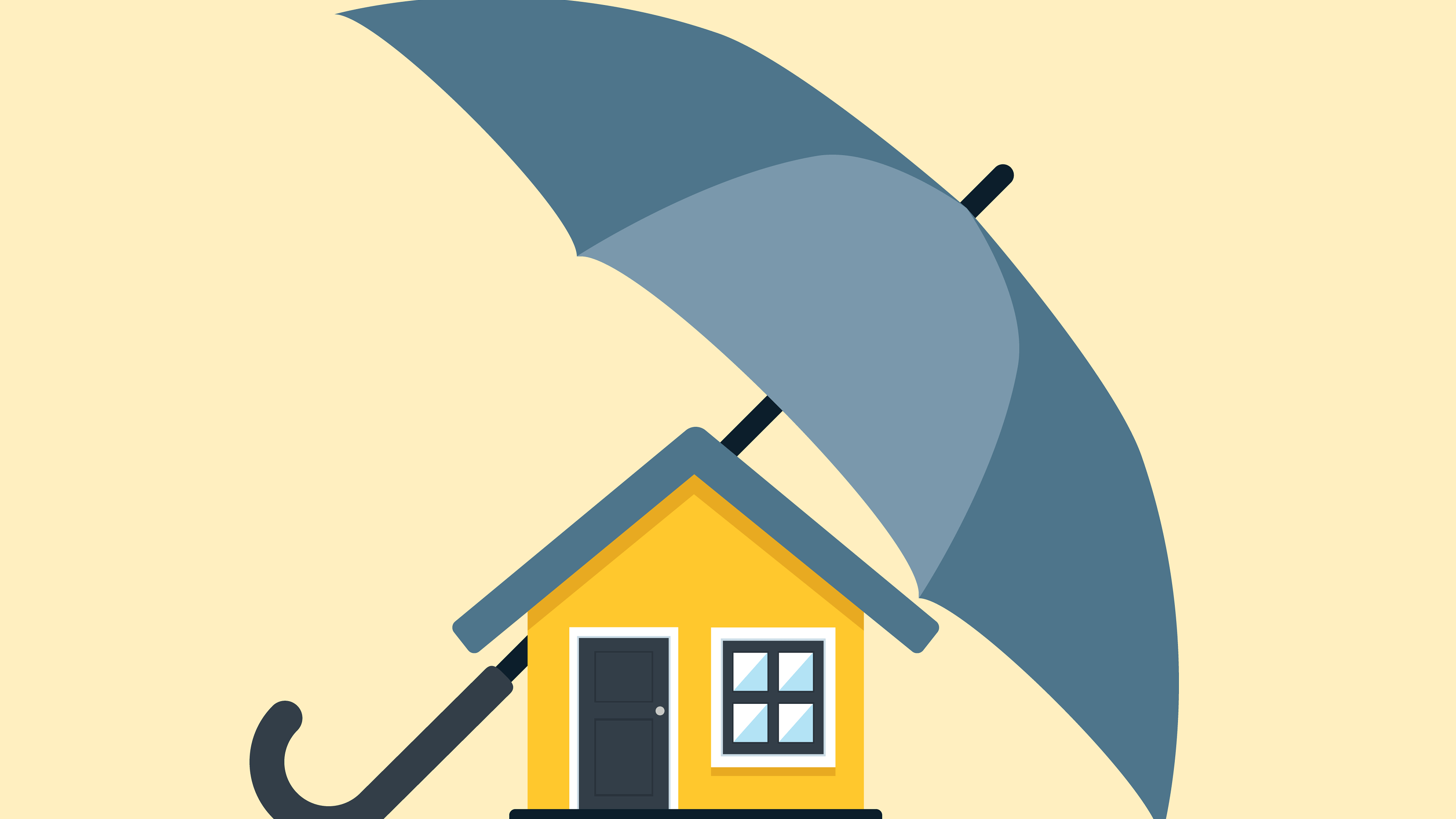In today's housing market, whether you're settling into your dream home or renting a cozy apartment, protecting your space and belongings is essential. But with so many insurance options out there, it's easy to get confused. Two of the most common types are homeowners insurance and renters insurance. While they share some similarities, their primary differences lie in what they cover and who they're designed for. In this post, we'll break it down to help you decide which one fits your needs.
In today's housing market, whether you're settling into your dream home or renting a cozy apartment, protecting your space and belongings is essential. But with so many insurance options out there, it's easy to get confused. Two of the most common types are homeowners insurance and renters insurance. While they share some similarities, their primary differences lie in what they cover and who they're designed for. In this post, we'll break it down to help you decide which one fits your needs.
First, let's define homeowners insurance. This policy is typically required by mortgage lenders and provides comprehensive protection for homeowners. It covers the physical structure of your home (known as dwelling coverage), including the roof, walls, and foundation, against perils like fire, theft, vandalism, or natural disasters such as windstorms or hail. Additionally, it includes coverage for other structures on your property, like a detached garage or shed, as well as your personal belongings inside the home. Homeowners policies also offer liability protection if someone gets injured on your property and sues you, plus coverage for additional living expenses (ALE) if your home becomes uninhabitable due to a covered event—for instance, paying for a hotel while repairs are made. On average, these policies can cost more because they protect the entire property value, often ranging from $1,000 to $2,500 annually depending on location and coverage limits.
Now, contrast that with renters insurance, which is tailored for tenants who don't own the building they live in. The core focus here is on protecting your personal property—think furniture, electronics, clothing, and other items—from theft, fire, or water damage. Unlike homeowners insurance, it doesn't cover the building's structure; that's the landlord's responsibility through their own policy. However, renters insurance mirrors homeowners in providing liability coverage for accidents in your rental unit and ALE if you're displaced. It's generally much cheaper, often costing just $15 to $30 per month, making it an affordable safeguard for renters who might underestimate the value of their possessions.
The primary difference boils down to dwelling coverage: homeowners insurance includes it to rebuild or repair the home itself, while renters insurance skips it entirely since you don't own the property. This makes homeowners policies more expansive and expensive. Both types, however, exclude certain risks like floods or earthquakes, which require separate add-ons or policies. Similarities include personal property protection (though limits vary), liability, and loss of use coverage, ensuring you're not left high and dry in a crisis.
So, when should you choose one over the other? If you're buying a home, homeowners insurance is non-negotiable. For renters, while not always required by law, many landlords mandate it in leases—and it's wise to have anyway, as your landlord's policy won't cover your stuff. Always shop around, compare quotes, and consider bundling with auto insurance for discounts.
In summary, understanding these differences can save you money and stress. Whether owning or renting, the right insurance acts as a safety net. Don't wait for a disaster—evaluate your situation today and get covered.
